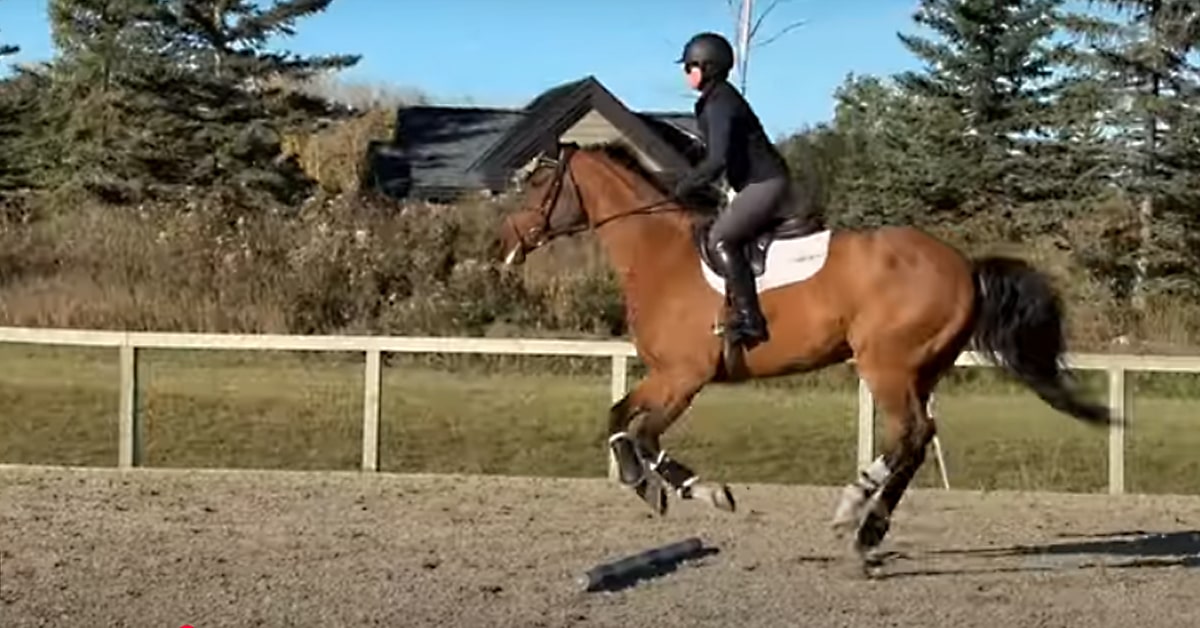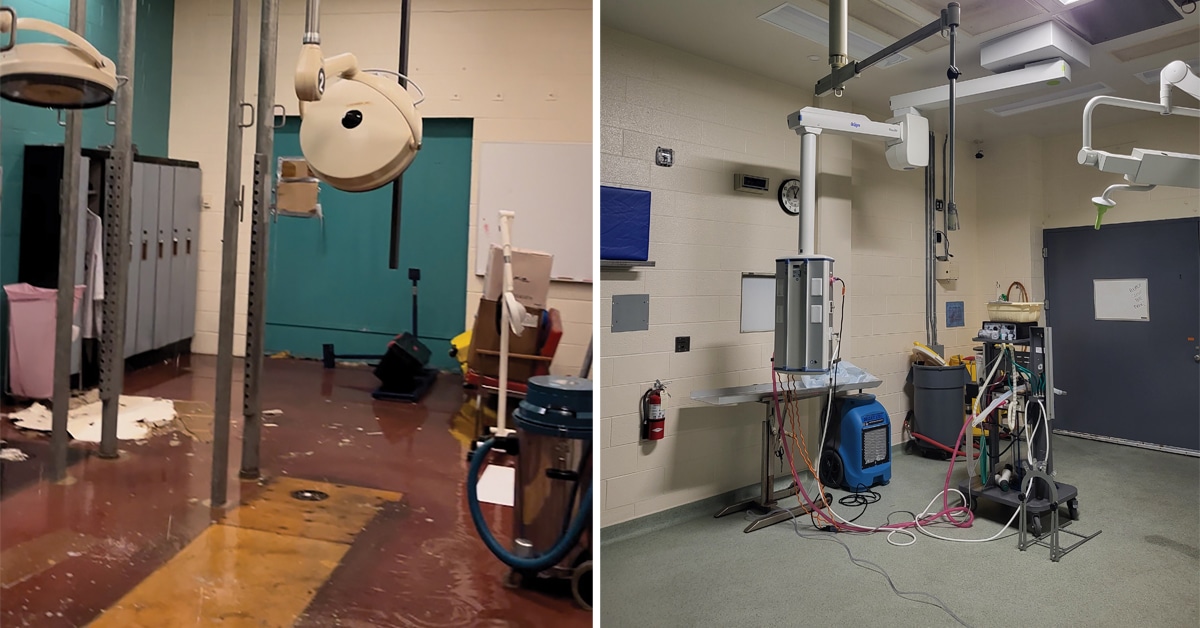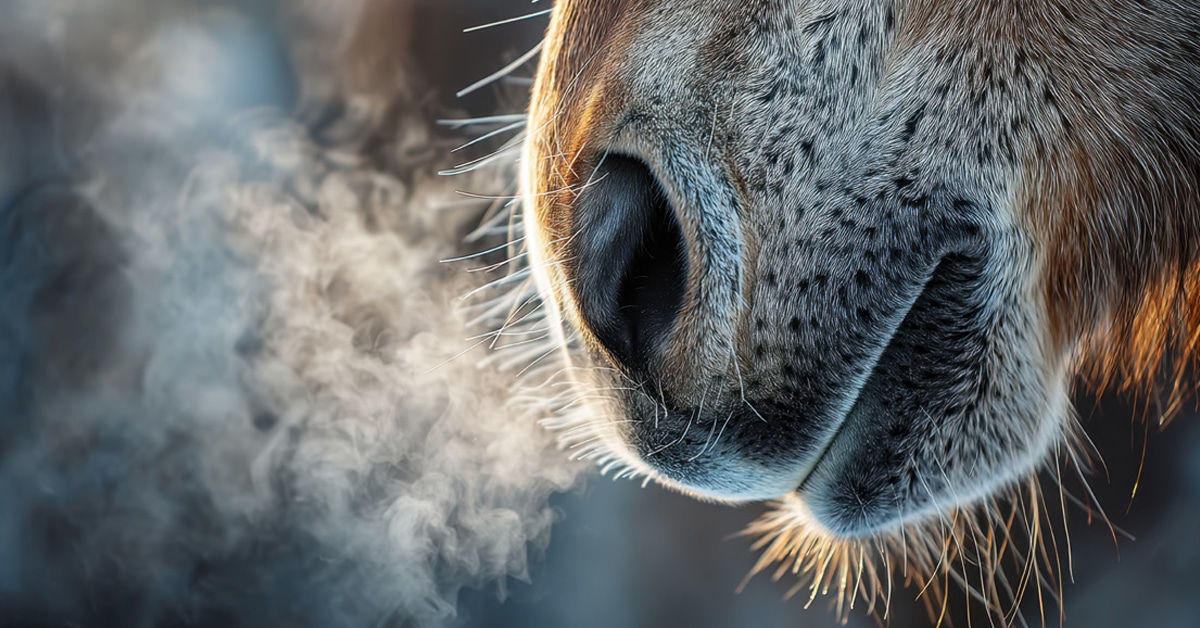Helen Richardson of Ottawa, Ontario, has been a certified coach for three decades, and was the Coordinator, Coaching & Education at Equestrian Canada from 2018-2020. She currently coaches at Oakhurst Farm in Ashton, ON, and is in charge of Canadian operations for the Australian event management and online scoring platform company Compete Easy Inc.
What coaching credentials do you have and when did you get them?
I am an EC NCCP Certified Competition Coach – English; I was first certified in 1992 as an old Level 1 coach – 30 years ago! I have been coaching both dressage and eventing at Oakhurst Farm in Ashton, ON, since getting certified. I am also certified as an EC NCCP Coach Developer – both Coach Evaluator and Learning Facilitator – so I am certified to deliver the training for new coaches and evaluate new coaches as they work towards certification. I work through Ontario Equestrian in the Coach Developer role, delivering coach training in classroom and over Zoom (thanks to the pandemic!) and Coach Evaluator, focusing mostly on the Instructor, Competition Coach and Competition Coach Specialist roles.
What inspires you about being a coach?
I think one of the things that inspires me most about coaching is that I get to be a big part of seeing people achieve their dreams. Everyone comes to equestrian sport with a goal and idea of what they want to do. Sometimes those aspirations are a simple as learning to jump or as grand as competing internationally. Being able to work with an athlete to build a plan and develop the skills to do things that were unachievable and sometimes unimaginable on their own, and then guide the athlete to realizing those dreams is very personally rewarding. Coaches have to be lifelong learners, to keep developing and bettering their skills to help athletes. I am still learning from my students, from young coaches and from my peers every day and I hope to never stop learning from the community so that I can help riders and coaches achieve their goals. When a student can turn around and tell me that they’ve just ticked something off their bucket list, and we got there together, it makes the hours in the ring all worth it.
What is your favourite coaching memory?
That’s a tough one, there have been SO MANY moments in my career to date that keep me passionate about my role. Seeing a classroom of young coaches have a lightbulb moment all together because dots have been connected, theories make sense or a concept is fully understood is exciting. We’ve had many students compete at Young Riders and beyond, and that is always exciting.
For me, some of my favourite memories may not seem as competitive but are when big goals are achieved. One of my most recent favourite memories was ticking something off a student’s bucket list. I had the honour of taking one of my adult students out to our cross-country course last summer for the first time and watching her calmly and happily gallop around the field on one of our school masters with confidence. Her smile and enthusiasm at the end of the lap, and her feedback: “I never thought I’d be able to gallop around an open field on my own, that was AMAZING…can I go again?” still resonates with me.
As coaches, we sometimes see skills and abilities in our students that they don’t know they have yet. Watching someone do something they couldn’t do on their own, with a safe and willing equine partner, at the right level – developmentally and technically and mentally – is magic to me. I get to empower people to live their dreams; that’s always amazing to me.
In the next five years, what do you see as the biggest challenge facing the horse industry?
The Covid-19 pandemic has really changed the participation I see in the sport right now. Schooling barns with large school horse populations struggled through the many lockdowns and I have seen many schools find keeping a strong herd of competent schoolmasters difficult or impossible over the past two years. I am afraid we have lost some really good beginner programs and facilities as their horses sat unemployed for stretches of time. That, combined with the difficulty in helping beginner riders start engaging in the sport, and running summer camps because of social distancing and keeping everyone safe, has changed the demographic involved in the sport.
While boarding and horse ownership seem to have risen (from what I’ve seen), and those who were already riding have moved into leasing and owning roles, I think the number of beginners joining the sport has declined over the past two years. Most competitive programs are doing well with boarders and owners right now, but over the next few years those new riders who would normally move into competitive programs a few years after starting in the sport will be fewer. There is normal attrition from the teenage riders as kids head off to post-secondary education, start careers, etc. Filling in those spots may be tougher in a few years as we won’t have the volume of new participants ready to move into the owning and leasing roles that we had in the past.
What programs does your PSO offer that are most valuable to you and your students?
Ontario Equestrian offers many programs that are valuable to our students. Membership offers our students liability coverage and access to some insurance as horse owners at quite reasonable rates. The Learn to Ride program allows us to ensure we are preparing students with the fundamental skills needed to progress in whatever direction they choose in equestrian sport. It’s also a great program for our students (young and not so young) to have a sense of achievement.
Non-competitive riders can work towards achieving rider levels to show and measure progress in the sport. The Rookie Riders program is one of the programs that I believe can be a great driver in the next few years to bring more young equestrians to our sport. Focused on the fundamental movement skills and physical literacy that our athletes will require to excel in the sport, the Rookie Riders program is really poised to help move more beginners to riding horses and help generate that new wave of equestrians we will all need at all levels of the sport over the coming years.
As a Coach Developer, the EC NCCP coach certification program is one of the most valuable tools available for coaches in our sport. Most of the EC NCCP education for coaches has been updated in the past few years and when coaches engage with the program, they are given the tools to help create more thinking and tactically strong riders. As an “athlete-centered, coach-driven” program, the focus is on teaching coaches to enable their athletes to choose their own path and find success on that path. I think OE does an outstanding job of engaging with and working for our community in Ontario!
***
Insurance for Horses and Their People
There’s a special bond between horse and owner – we know, because we’re horse people. At CapriCMW, our equine insurance specialists are horse owners, riders and enthusiasts and we’re here to protect you and your horse.
The Latest









